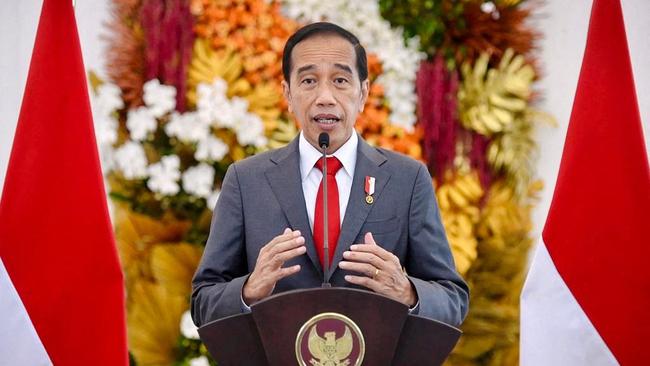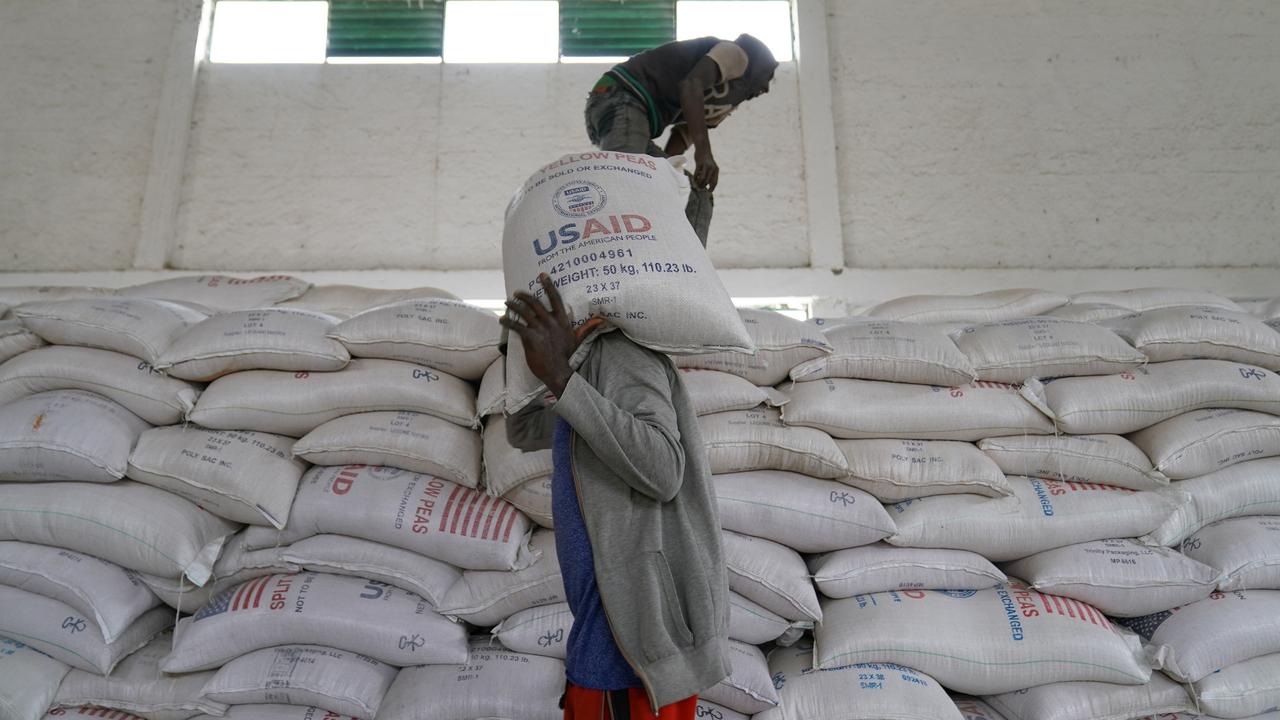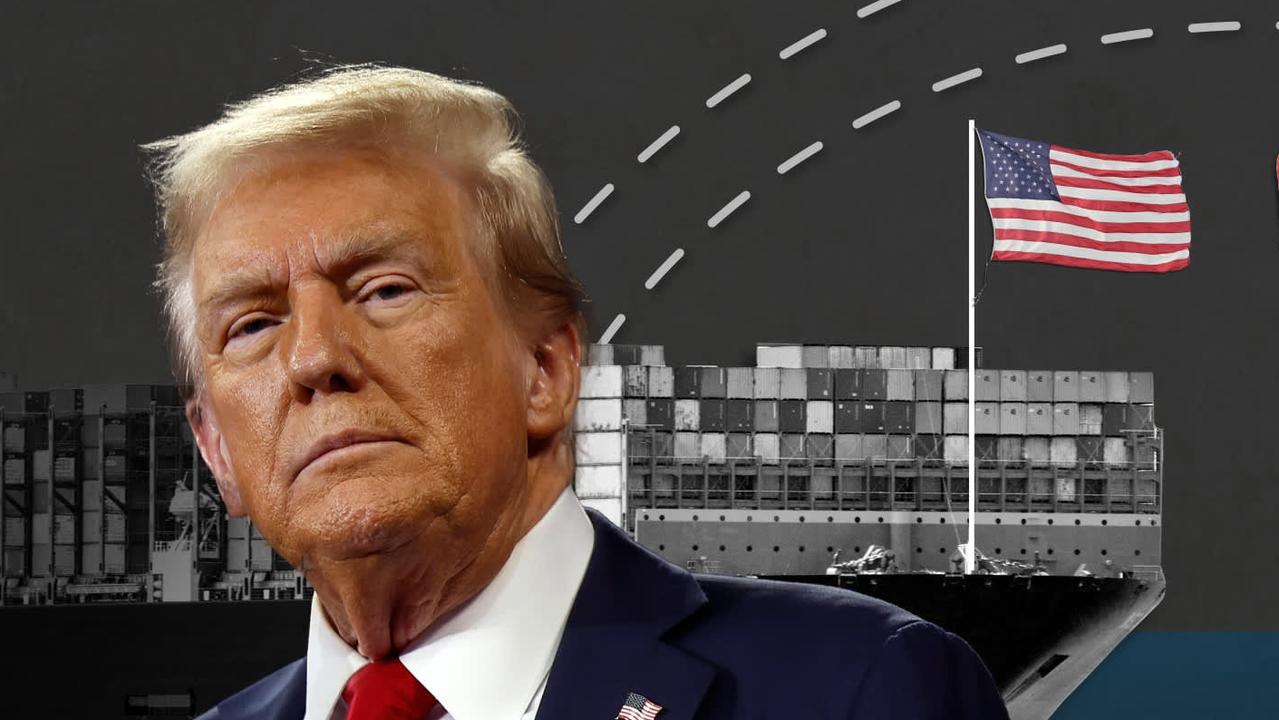Russia’s war in Ukraine is straining global economic co-operation
Indonesia’s invitation of Vladimir Putin to Bali meeting of Group of 20 in November is latest point of tension.

A rift between Western democracies and Russia and China is forcing policymakers to figure out how to keep conversations alive among nations with diverse views as they face economic challenges arising from the war in Ukraine.
Indonesia’s announcement on Friday that it has invited the leaders of Russia and Ukraine to a November meeting of the Group of 20 economic powers underscored the complex task facing the US and its Western allies. They must not only confront Russia but also work with nations caught in the middle and concerned about being left out of policy talks.
Indonesian President Joko Widodo said he had invited Russian President Vladimir Putin and Ukrainian President Volodymyr Zelensky to the summit in Bali as the group’s host this year. Mr Joko said Mr Putin has accepted the invitation.
The White House said President Joe Biden opposes Mr Putin’s attendance at the G20 summit in Bali. “There’s a lot that could happen between now and then, but we certainly haven’t seen an indication to date of Russia’s plan to participate in diplomatic talks constructively,” White House press secretary Jen Psaki said.
Finance ministers and central bankers from around the world who gathered for meetings of the International Monetary Fund and the World Bank in Washington last month experienced first-hand the challenges in a world torn by the Ukraine war and stressed by the Covid-19 pandemic.
While tensions remained high throughout the weeklong gathering, the rift between the nations became most apparent when Treasury Secretary Janet Yellen and other Western officials walked out of a G20 session as Russian Finance Minister Anton Siluanov, who joined the meeting virtually, started speaking.
The nations representing the IMF left the meetings without issuing a routine communique outlining policy priorities. The G20 reported little progress in a top task: preparing a common framework to respond to spreading debt crises in developing countries.
“We can’t really solve certain global challenges, climate or pandemic readiness … without a broader grouping,” said Mark Sobel, a former Treasury Department and IMF official who now serves as US chairman of the Official Monetary and Financial Institutions Forum, a think tank. “We are in a bit of a stalemate.”
Indonesian Finance Minister Sri Mulyani Indrawati, who chaired the G20 meeting last month, said the walkout was a carefully orchestrated mechanism that allowed Russia to attend the meeting while giving the US and others an opportunity to demonstrate their disapproval. She added that the officials from the US, the UK, Canada and some other countries were out of the room for a few minutes but were present for the rest of the meeting. The delegations of some US allies, including Italy and Japan, didn’t walk out of the meeting.
“The fact that we could still have a meeting with all the ministers in attendance and continue to focus on the substance and still achieve progress … was really remarkable,” said Ms Mulyani. “I think it is still manageable.”
The minister said that for weeks before the meeting she had intense discussions with Ms Yellen and other G20 counterparts to hammer out a strategy. Some members of the Group of Seven advanced economies first asked Ms Mulyani to disinvite Russia. When she pushed back, they requested that Moscow be barred from speaking.
Yet nearly half of the G20 members told Ms Mulyani Russia should be invited. In the end, she persuaded the US and others to agree to the walkout, timed to minimise the impact on the meeting’s agenda.
“The objective was to save the G20 as the premier forum of co-operation while at the same time provide a forum in which they can express their feelings about the invasion of Ukraine,” she said. “That was exactly the compromise format.”
The survival of the G20, which gained a prominent role during the 2008-09 financial crisis to give a diverse range of countries a voice in global economic policy discussions, is important for countries such as hers, Ms Mulyani said.
The tensions in the G20 come as the world faces food insecurity stemming from the war, a lingering pandemic and longer-term challenges such as climate change.
DJ Nordquist, a former US executive director of the World Bank who was a White House economic official in the Trump administration, said the tensions “could doom multilateralism at a time when we need open channels and co-operation the most”.
The experience of the G20 and other meetings in Washington offers a lesson for other international groups on how to keep conversations going in the midst of confrontation.
“As soon as the Russian minister finished speaking, they came right back and the business continued,” Ngozi Okonjo-Iweala, director-general of the World Trade Organisation, who is now preparing for a ministerial meeting of her group in June. “We expect the same. We will have to find methodologies for working around now.”
The Wall Street Journal


